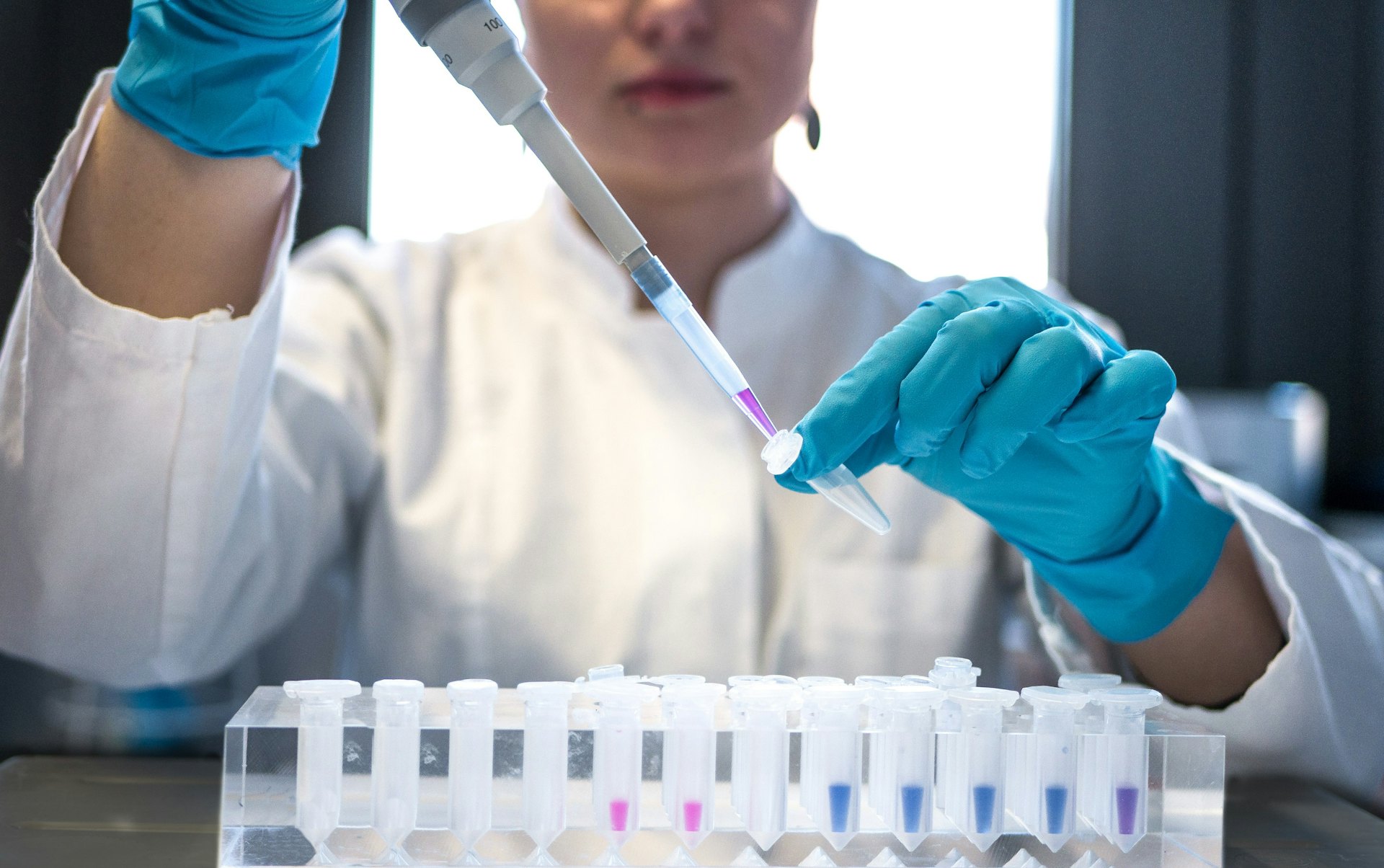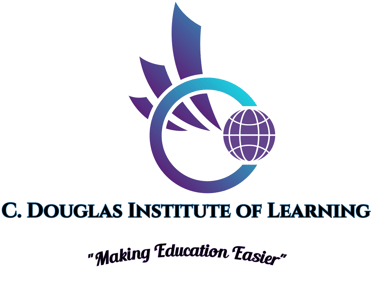
Medical Lab Assistant
Length: 960 Clock Hours/ 48 Instructional Weeks
Program Quarter Credits: 36
Credential Awarded: Diploma
Mode of Delivery: (online & in person)
Registration: $15,000.00
Uniform: $10,000.00
Lab Fee: $9,000.00
Course Material: $26,000.00
Tuition: $360,000.00
Exam Fee: $26,000.00
Student Activity Fee: $40,000.00
Insurance: Contact the accounts department for more information
OBJECTIVE
The objective of the Medical Lab Assistant program is to prepare students to seek entry-level employment in a healthcare setting and to perform duties under the supervision of a nurse or a doctor. Typical duties for the Medical laboratory assistants are to do pre-analytical functions. This involves, for example, collecting blood samples (phlebotomy), processing and moving specimens, and preparing special chemicals (called reagents) for use in testing.
DESCRIPTION
The Medical Lab Assistant program provides students with the fundamental knowledge and skills expected in the field and enables them to seek entry-level employment in various healthcare and Medical Laboratories and blood processing sites, as Medical Lab Assistants. Students are trained to perform basic laboratory procedures processing and moving specimens and preparing special chemicals used in testing, and phlebotomy.
EXTERNSHIP
An externship course is included in this program to provide students with the opportunity to apply their knowledge and skills to real-life situations in a pharmacy setting. Students are required to complete the required externship hours and other related learning activities prior to graduation. Students are not paid for work performed at the externship site.
CREDENTIALING EXAMS
Students in their final quarter are eligible to take the National Healthcareer Association’s (NHA) Certified Medical Lab Assistant exam.
CAREER OPPORTUNITIES
Upon satisfactory completion of the training, students are prepared to seek entry-level positions as Medical Lab Assistants performing the medical procedures, and lab techniques as described above. Medical laboratory assistants work in medical laboratories in hospitals, clinics, research institutes, universities, and government research laboratories. They must be concerned with detail and be able to follow strict procedures. Their work requires a high level of accuracy so they need to be precise both in work procedures and in maintaining concise records.
Weeks 1-6: Introduction to Medical Laboratory Science
Weeks 7-12: Hematology and Blood Co/Section
Weeks 13-18: Urinalysis and Body Fluids
Weeks 19-24: Microbiology and Immunology
Weeks 25-30: Chemistry and Specimen Handling
Weeks 31-36: Diagnostic Testing and Quality Assurance
Weeks 37-42: Electronic Health Records and Communication
Weeks 43-48: Externship
PROGRAM OUTLINE
